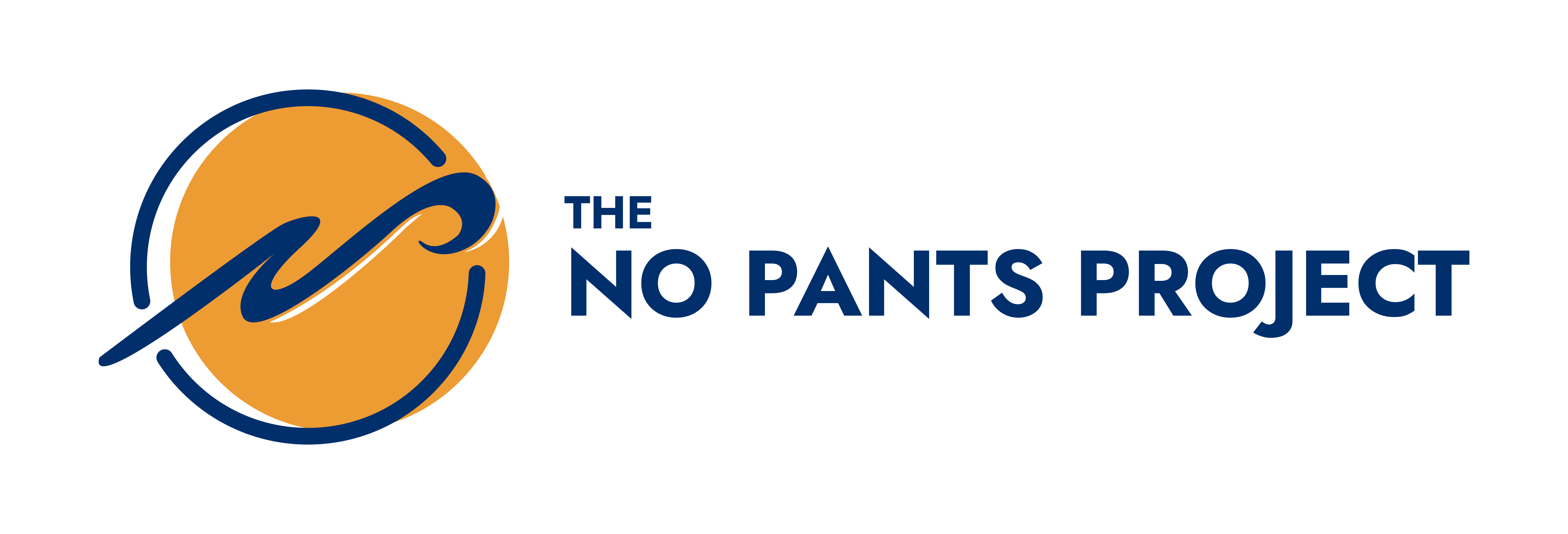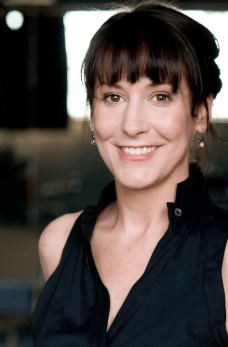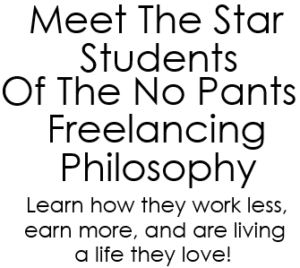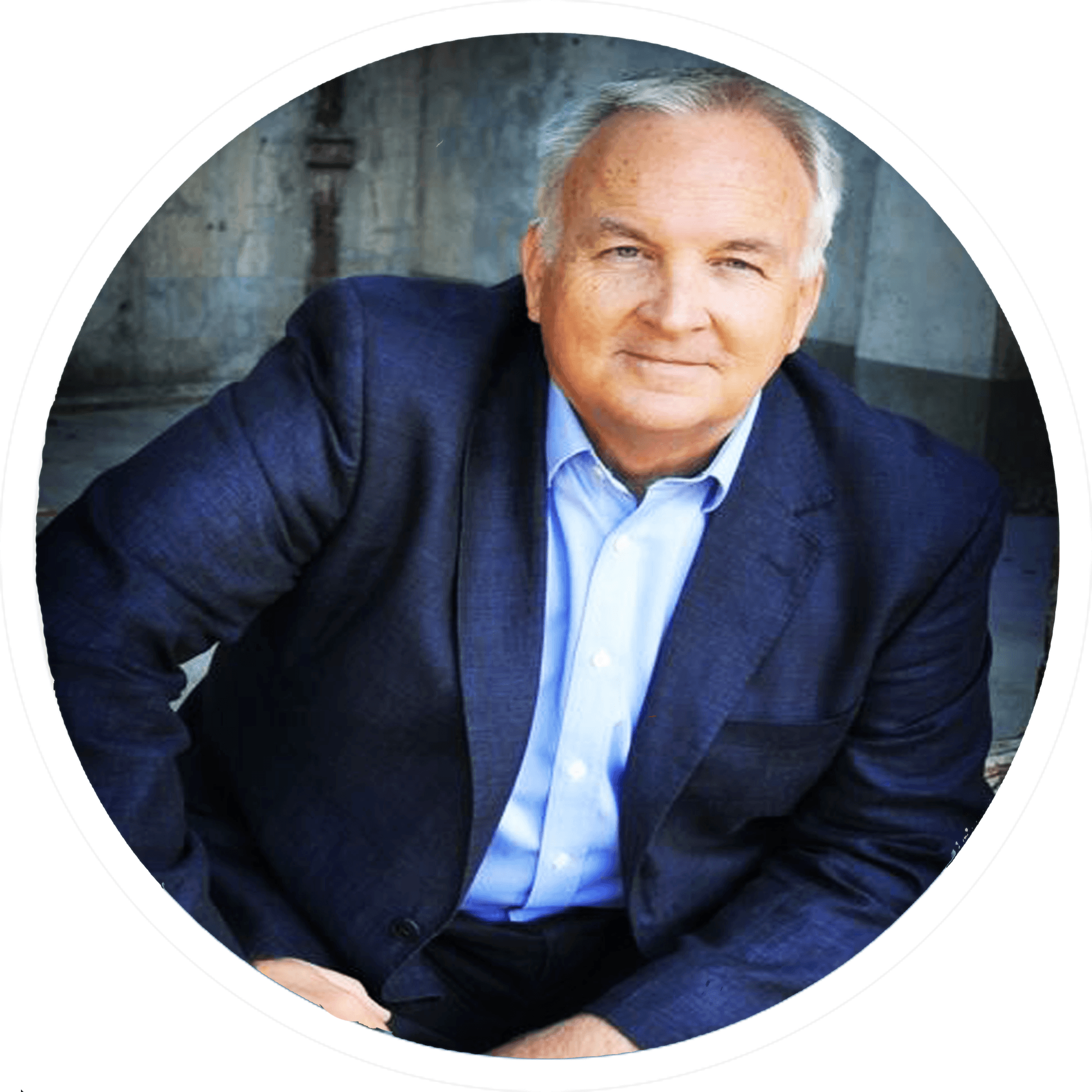Believe it or not, the job of a lighthouse is not to pose for your nana’s favorite wall calendar or appear in artwork at the dentist’s office.
Though you’d never guess based on the volume of gift items adorned with its likeness, the lighthouse has but one simple and profound purpose, and that is guiding boats to safety.
(Seriously, Mom. How many lighthouse-themed potholders, hand towels, and guest soaps does one household really need?)
We love this iconic symbol for its romance and mystique. It’s a ruggedly stoic loner and an unflappable guide, the architectural equivalent of Captain Marvel or a less violent version of Brad Pitt’s character in The Fight Club.
And in The No Pants Show, a lighthouse serves as lead in one of my most favorite and replayed episodes ever: Why You Should Save Yourself First.
Be Like a Lighthouse: Firm, Reliable, Unwavering
Here’s a List of Stuff a Lighthouse Does and Does Not Do
A lighthouse doesn’t get all self conscious in front of adoring fans or wayward sea captains.
It doesn’t doubt itself.
It doesn’t do drama. No matter how much drama surrounds it.
Spot the source of drama in this photo. Spot where it’s not.

If it were to experience feelings of insecurity, a lighthouse would shine its beacon anyway, because that’s what it does, no matter what.
It’s steadfast in its purpose. It never forgets to tend its flame.
It stands firm and unwavering in its position. Ships can trust and rely on its service.
If an unfamiliar sea captain questions a lighthouse’s coordinates, it doesn’t ruminate or worry about the captain’s opinion. It simply shares its coordinates and guides the captain accordingly.
It does not diminish itself, or give away its power, or contradict its image by acting unsure about being a lighthouse.
It does not say to the captain, “Oh, I guess you can tell I’m new with the coordinates. I haven’t had this bulb in very long. Next time you’re in these waters, maybe I could discount your passage. I mean, if you want. I dunno. Or you could always guide yourself with a big flashlight. Maybe. Why am I still talking? I’m a stoic lighthouse. Just trying some different branding, I guess. Are you in any of the lighthouse groups on LinkedIn? No? Yeah, me neither.”
Where Boundaries Break Down, Beacons of Light Drown
Beware: Client Drama, Co-dependent Framily, Haters & Trolls
What happens when a boat finds itself in distress near a lighthouse?
Does the lighthouse jump in the water and try to pull the sinker to shore? Let’s say it does.
Such a misguided attempt at heroics would be both silly and disastrous.
- Even if a lighthouse could jump or swim, the water would extinguish its beacon of light.
- With no light, all the incoming boats would lose their way.
- The lighthouse itself would also drown.
- The original sinking boat would finish sinking.
To review: The lighthouse didn’t stand firm. It focused on one boat at the expense of all the other boats. It saved no one.
- That sinking ship is a client who doesn’t pay enough and needs too much of your time.
- Or maybe it’s your brother-in-law who just lost his rent money at the casino (again).
Do you jump in to save them? Are you a boat, or are you the lighthouse?
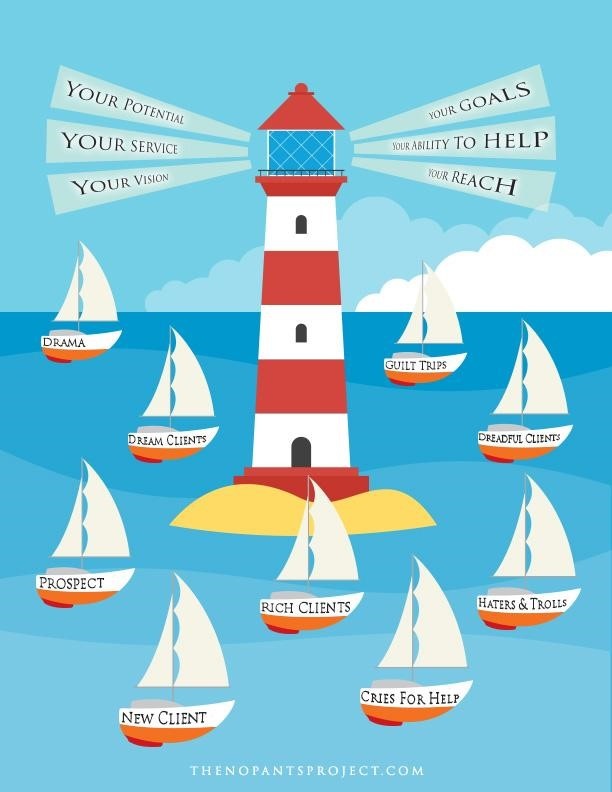
When you allow an unreasonable client to monopolize your time, or a needy relative to drain your energy, you’re not serving your purpose.
Your light is not shining on the clients or prospects you want to serve.
Your potential is not being realized.
Your business is not growing.
Brené Brown recommends rehearsing your boundary statements.
“I’ll often say, to no one in particular, ‘I can’t take that on’ or ‘My plate is full.’ Like many worthwhile endeavors, boundary setting is a practice.”
– Brené Brown, Expert on honesty, authenticity, and the research behind being real.
Don’t let haters in the lighthouse!
If you do anything online, you’ll be attacked and criticized. It’s just a fact.
Grow a thick skin, and don’t let yourself drown in the drama of people who don’t support your dreams… or even know what your dreams are, for that matter.
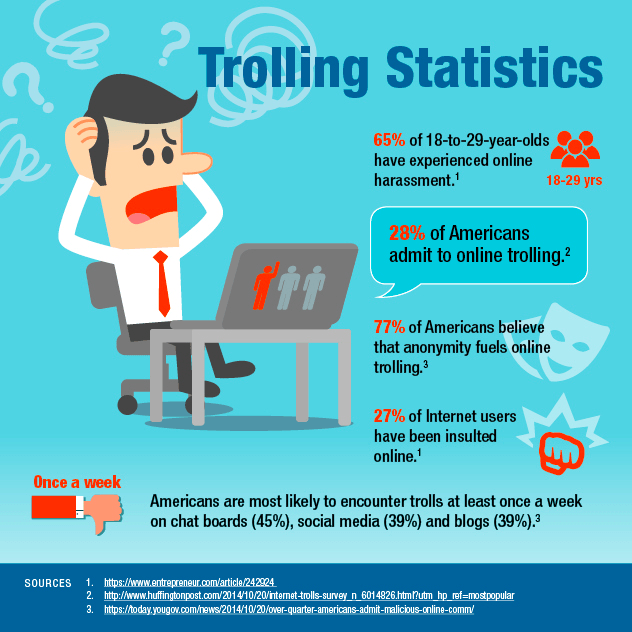
Whether you’re being slagged on the internet by perfect strangers or accused of being full of yourself by jealous peeps in your personal tribe, don’t get distracted, because there are boats in the harbor that need your light.
Don’t let naysayers douse your flame or knock you off your post.
“You may be accused by people you love of being selfish, but an accusation is not truth.”
To avoid drowning in drama or negativity, be firm, consistent, and responsible.
Here’s what “being a lighthouse” looks like when you’re a human person who doesn’t live on a craggy island rock in the ocean.
-
Be firm. Being new doesn’t obligate you to being subservient.
Don’t let a single client steal or dominate your time and diminish your ability to deliver excellence to others.
When I first started studying with the The No Pants Project, one of my favorite assignments involved exploring and clarifying my deal breakers, the things I would deem off limits with clients.
You might think this is too obvious to be worth the effort, but I would wholeheartedly disagree. If you want a business that you actually love, it’s not enough to rely on vague thoughts like “I don’t want to work with jerks.” (Duh, right?)
This kind of passive generalization leaves way too much to chance. I mean, how do you define “jerk” anyway? I bet it’s different from the way I define it.
Your jerk could be my dream client.
Boundaries are a lot more effective when they have a clearly defined station.
We often walk around grousing and grumbling about the things we resent or don’t like, when we could have easily prevented those things from entering our orbit in the first place. Here’s a sampling of what I (politely and firmly) refuse in my freelance business:
- No client “emergencies” outside of my stated work hours.
I am a writer and creative person who generates cash-flow with my computer. I am not a practitioner of medicine. My clients are not saving puppies or bringing babies into the world, therefore I do not enable behavior that lacks perspective and overly dramatizes project setbacks or snafus.
I won’t work with people who act like their business is more important than my life. My life, in fact, in all its rich, rewarding glory, is a vital influence for my client work, so I won’t slice and dice it on demand. Been there, done that, not going back.
If people-pleasing is one of your weaknesses, have faith, and know that even you can Learn to Say No.
- No to clients who can’t be silly
I’m not saying I refuse to work with serious people. I love serious people. As long as they’re more serious about their work and ideas (their families, goals, values, and ideals) than they are about themselves.
It’s a nuanced requirement, which is all the more reason for me to be clear about it, or I could easily forget when evaluating a potential client.
- No discounting my services
Sometimes I don’t get or take a job because my pricing is more than a client wants to pay. When that happens it just means I’m available to work on the next great project that comes up.
To be clear, I would not refuse an amazing opportunity to work with a dream client who happens to be offering less than my requested rate. It’s just that I’ve never met a dream client who didn’t pay what I want or more.
Hello. This is why we call them dream clients.
-
Be consistent. Know your value, and don’t second guess or contradict your worth. Be confident, and stay that way.
Even when a client’s situation or needs seem ambiguous, you can remain confident in your skills and ability. Don’t slip into self doubt or act wishy washy when you feel unsure of yourself or how to proceed.
Ask questions, gather data, look for answers, and listen to experts. When you don’t know the way forward, be consistent in your willingness to figure it out. Consistent confidence doesn’t mean you’re a know-it-all. It means that, in the face of uncertainty, you remain calm and search for answers.
“By definition, if you’re in a service-based business trying to help other people, they’re gonna lean on you a little. Even if they’re your dream client, and they’ve got all their stuff together, and they pay you well… by definition, what they are doing is leaning on your expertise, leaning on your skills, leaning on you as the person who’s going to fix their problem, whatever that problem is. So a big part of successful freelancing is to develop that skill, to be a professional.”
If a prospect doesn’t yet understand your value or worth, don’t take it personally or respond by echoing their question with your own self doubt. Instead, do what you can to show them what they don’t yet see.
Demonstrate your authority. Paint them a picture, communicate with confidence. Sometimes your ability to stay and sound grounded is the only thing a client needs.
It helps if you know where to find answers.
Work with coaches or mentors who can serve as a lighthouse to your lighthouse. Then when you’re stumped by a client situation, your demeanor remains calm, steady, and supportive, because you know you have lifelines at the ready.
-
Be a responsible Flame Keeper. Prioritize the habits and routines that keep you healthy, focused, and in top form.
There’s a reason elite performers are militant about self care, and it’s not because they have more time than the rest of us.
If you’re going to give your business the best of your creativity, your attention, and your energy, then you have to nurture the body and brain that generates those vital resources.
Be a responsible keeper of your lighthouse torch. Diligently tend to the daily care that keeps you mentally and physically resilient.
Prioritize self improvement, learning, and skill development.
If your client workload isn’t leaving time to research and hone the skills that keep you (happy and) at the top of your game, then you owe it to yourself and your clients to change the situation. Raise your rates. Take on less. Make time to be the best possible version of yourself.
Follow the eternal wisdom of Jim Rohn who said that if you want to succeed, you have to Work Harder on Yourself than on your job.
Boundaries Roundup: Boats, Lighthouses, and Time Pirates
If you want to grow a thriving business and help more people with your awesome service, you have to prioritize helping and serving yourself first.
A big part of being a successful freelancer is learning how to be the kind of professional who guides people, or simply lets them pass, rather than getting sucked down by their needs, negativity, or drama.
- Don’t let unreasonable demands of one client derail your focus on other clients or prospects.
- Refuse to take the bait when jealous haters or trolls throw out negative accusations or criticism.
- Be firm and consistent in your mission, and don’t apologize for your boundaries.
- Remain steadfast and committed to figuring things out when you’re unsure about the way forward. You don’t have to know all the answers, but be confident in your ability to find them.
“Once you’ve decided to take on the mantle of being a freelancer and helping other people, of improving yourself, making more money, having more freedom, doing something different from everybody else, you are no longer the boat in the middle of the ocean.
“The second you make that decision, you become the lighthouse.”
Forgive me while I milk this metaphor one last time. The truth is I would’ve been sunk ages ago if not for joining The No Pants Project. It’s like having a personal legion of lighthouses, but with real-life experts and mentors leading me to freelance success.
If you want a reliable beacon of support for help with your own business, join this fleet and find your way forward.
